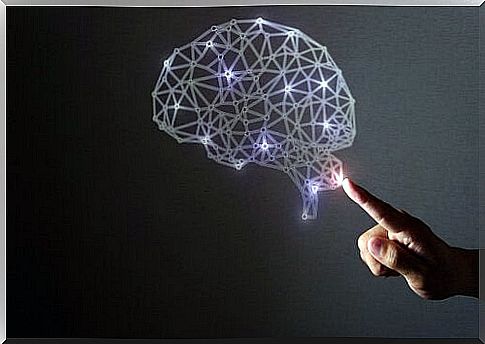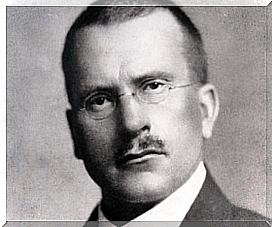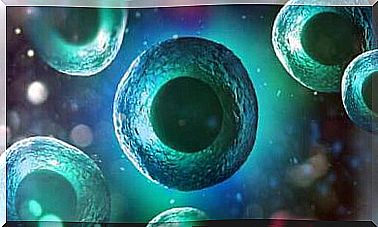Neuro-happiness, The Science Of Happiness?

Neuro-happiness. It is enough to read this word for our curiosity to be heightened, as when a child witnesses a magic trick. We suddenly notice that the word “happiness” does not appear on its own, denoting an intangible emotional state. No. Here, happiness is a state linked to our body: “neuro” is a prefix which refers to the nervous system.
Emotions (and, among them, happiness) depend on the activity of our brain and are essential for the survival of the individual. They are characterized by two points: they produce a subjective sensation and are normally accompanied by an external manifestation. In this way, happiness manifests itself as an inner well-being and is externalized by creating forms of expression of this well-being which, normally, feed it back.
Happiness and the nervous system
Usually, when defining and explaining happiness, we relate it to our emotional universe, to the satisfaction and dissatisfaction of a desire, to a dream come true. This emotion presents itself on the metaphysical level. It’s not something we can touch, put away in our closet, or put on every morning. It is something variable, uncontrollable, in the majority of cases, linked to external experience.

However, we are not aware that this emotion does not come from the experience itself. It is the by-product of a chemical process in our nervous system. Its basis is in our body. We are producers of happiness. It does not appear out of the blue, as a divine consequence. It is a chemical reaction to an experience, which is in accordance with our conception of reality.
The chemistry of happiness
You might be wondering what a chemical reaction is and how our conception of reality can play a central role in our happiness. The answer to these two questions is simple. On the one hand, we find the hormones of happiness: endorphin, serotonin, dopamine and oxytocin. We are talking about a chemical reaction when these hormones work in our nervous system and are associated with positive feelings: love, pleasure, blocking pain, etc.
On the other hand, we have our conception of reality. This is a psycho-social construction that has been adjusted little by little since our childhood, being determined by our first experiences, and which defines our future. It would influence our relationship with experience and, therefore, our organic production of happiness.
Theory and construction of sustainable well-being
Thus, to speak of neuro-happiness amounts to theorizing well-being. This means that we are establishing a real foundation for understanding happiness and being able to create strategies that allow us to be happy. It is possible to build happiness that does not depend on the experience itself. To achieve this, we only need to transform the chemistry of our brain and our perception of reality.

In other words, we can start to see “the glass half full” instead of seeing it “half empty”. And this change in our mindset will transform our brain’s ability to produce chemistries associated with well-being; an inertia and an origin that perpetuates it.
Neuro-happiness, a new concept for being happy
This new perspective around happiness gives us more strength in the process of achieving sustainable well-being. In other words, we know that happiness is within reach of our efforts: it is something that we can achieve and perpetuate, that we can turn into tangible reality.
This concept includes methods and exercises that allow us to produce these hormones, awakening these brain circuits created to bring us to a state of well-being. The key is to be able to activate these circuits on a voluntary basis. In this way, we can be our own makers of happiness.
Neuro-happiness, is it the science of happiness?
We can answer this question with a definite “yes”. There is an essential relationship between our positive emotions and our nervous system. That is, we can explain and theorize about happiness by referring to the chemistry of our brain.

On the other hand, this design recreates our happiness, because it tells us that it does not depend on the money we keep in the bank or the goals we have achieved; it is much more conditioned by a process which creates it on the biological plane and which regulates it in us. This process is influenced by how we perceive reality and, in turn, conditions how we see it. Therefore, happiness is a path that we can choose.









